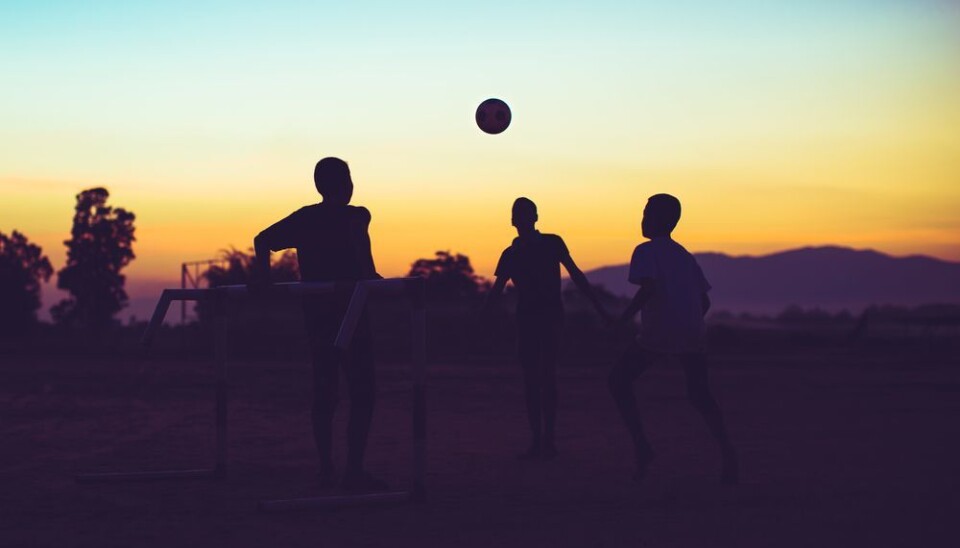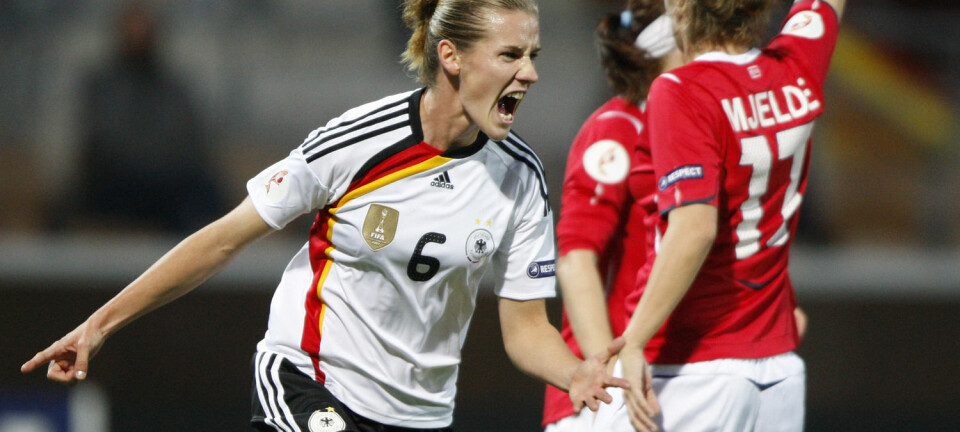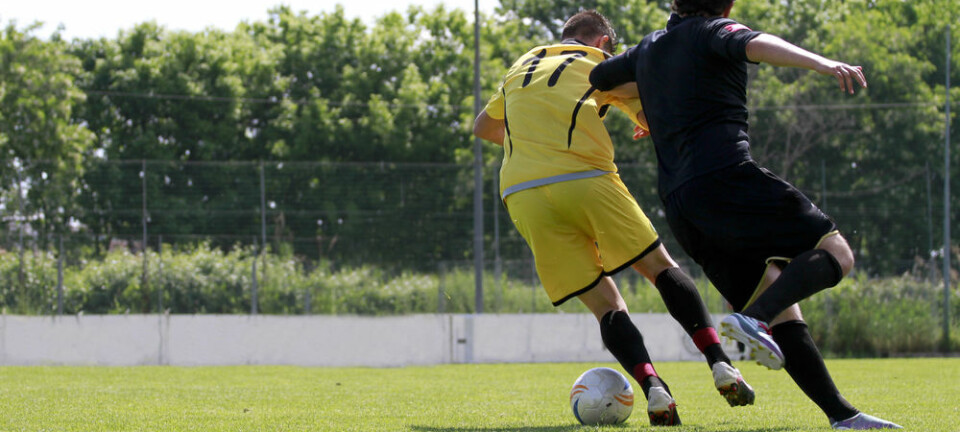
Running and soccer are the only sports guaranteed to make you healthier
Which sports have actually been proven to benefit our health? The answer is rather disheartening.
New research shows that the only sport disciplines science has documented as effective are football and running.
A review of 69 studies reveals reasonably good evidence that both football and running improve your aerobic fitness and cardiovascular function in a resting state. It also shows that football has a slimming effect.
The result of the world's first review of the literature on this subject is a bit disheartening. Out of a total of 105 comparisons between inactive and active indiciduals spread out over 26 different sports, it was impossible to draw any other conclusion than the above regarding running and football.
"The study indicates a considerable amount of evidence of the health-beneficial effects of various sport disciplines, although the data is fragmented. The evidence of the health benefits of sports other than running and football was either incomplete or flimsy. The basis for evidence-based knowledge of the beneficial effects of specific sports suffers from weak study designs and poor quality."
"Future research should take a closer look at the health-promoting effects of sports by using robust research methods," is the criticism levelled by a group of researchers in the British Journal of Sports Medicine.
Claims about the health benefits of sports need to be substantiated
The study’s lead author Pekka Oja says it is important that claims about different sports actually benefitting our health are substantiated – particularly because health systems are based on evidence. Far too many studies are cobbled together in such a way that you cannot see the cause and effect because a whole lot of factors are intermingled.
Studies fail to conclude whether people are healthy because they eat a lot of vegetables or because they do gymnastics.
"Conversely, the absence of evidence is not necessarily evidence of absence. We reckon most sports provide tremendous health-promotional potential, but this has to be established through evidence. The sports movement needs facts instead of a load of talk if we are to believe their often repeated claims about making people healthier," says Oja, who is head of research at the private organisation UKK Institute for Health Promotion in Finland.
Later studies shows that rugby and floorball also have an effect
The group of researchers – which includes scientists from the University of Edinburgh and Oxford University – also note that several robust studies of other sports have been published since they concluded their study in April 2013. The latest studies show that eight weeks of rugby training slims middle aged men and floorball strengthens the bones.
The also write in the scientific article that further new studies of soccer also substantiate the conclusions about its beneficial effects.
World-leading scientists agree with study conclusions
A good number of the eligible studies of the effects on the health of both running and soccer were done by scientists at the University of Copenhagen.
Professor Peter Krustrup has for years been studying how running and football affect the body in a number of areas, including blood pressure, fitness ratings and cardiovascular function.
He agrees with Oja's conclusions.
"There’s a need for many more robustly designed scientific studies if we’re to improve our knowledge of the significance of intensity and training type and provide better recommendations regarding preventive and treatment effects of participation in sport," says Krustrup, a professor of team sport and health at the Department of Nutrition, Exercise and Sports of the University of Copenhagen.
"But the study also confirms that running has considerable health-promoting effects. And – along with the latest studies – it also substantiates the evidence that ball games improve fitness, heart function, muscle strength, bones, and the balance, and we're pleased to hear that.
Are there no side-effects?
"As with any other kind of treatment there can be side-effects. In sport these are usually soreness and the risk of injury. But most injuries sustained by recreational footballers are minor and short lived, so they have little impact on football's health-giving effects," says Krustrup.
"We entirely agree with Oja and his colleagues that we ought to focus on reducing the risk of injury. We also recommend warming up to prevent injury, training on small pitches, and gradual intensification of training for people who lack training and are preparing to start playing football and other ball games.”
"Training on small pitches alone reduces the risk of injury by 80-90 per cent compared to 11-man matches. This kind of training is now used by Danish football clubs as part of the Football Fitness concept, from which many middle aged men and women are already benefiting – but there's room for much more," says Krustrup.
-------------------
Read the original story in Danish on Videnskab.dk
http://videnskab.dk/krop-sundhed/disse-sportsgrene-er-de-eneste-der-med-garanti-gor-dig-sundere
Translated by: Hugh Matthews
Scientific links
- Health benefits of different sport disciplines for adults: systematic review of observational and intervention studies with meta-analysis; British Journal of Sports Medicine; doi:10.1136/bjsports-2014-093885
- Recreational football for disease prevention and treatment in untrained men: a narrative review examining cardiovascular health, lipid profile, body composition, muscle strength and functional capacity; British Journal of Sports Medicine; 2015;49:568-576











